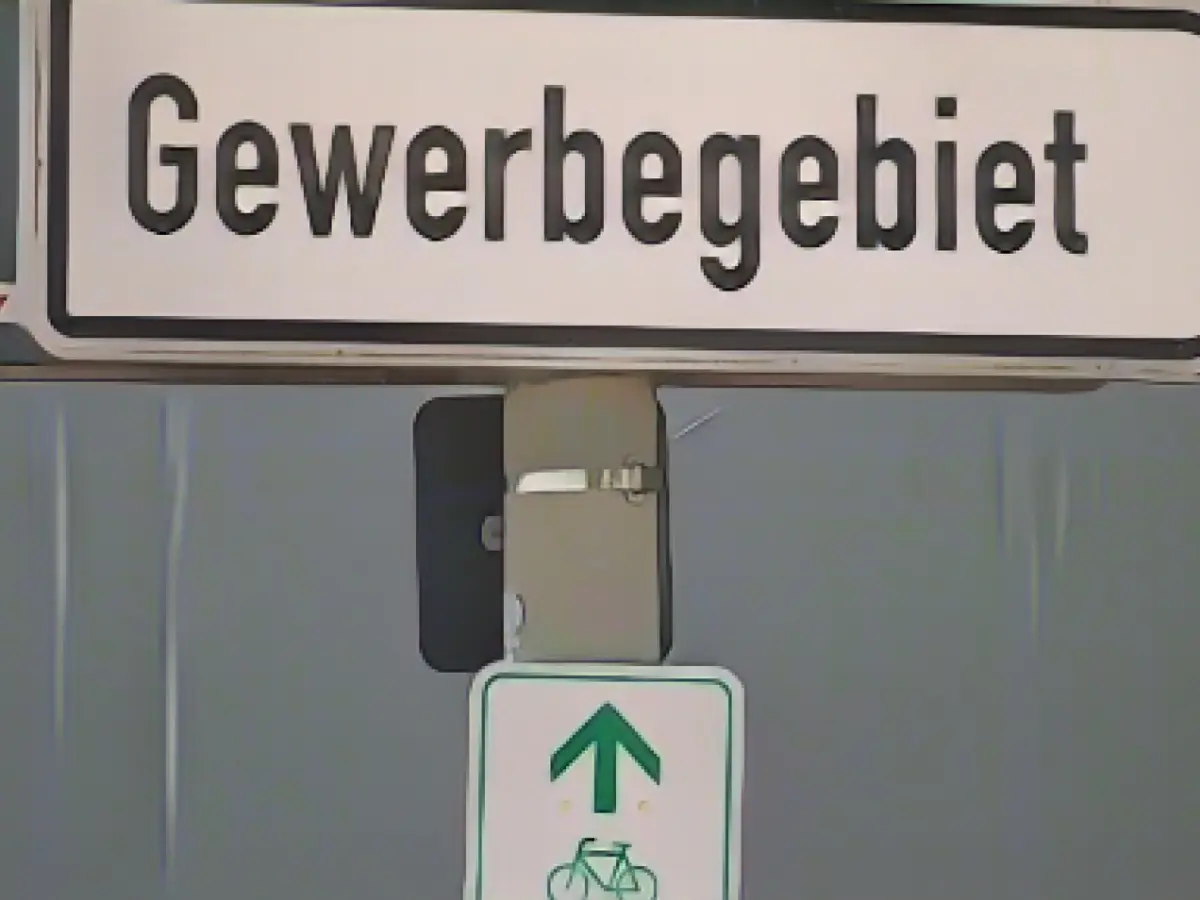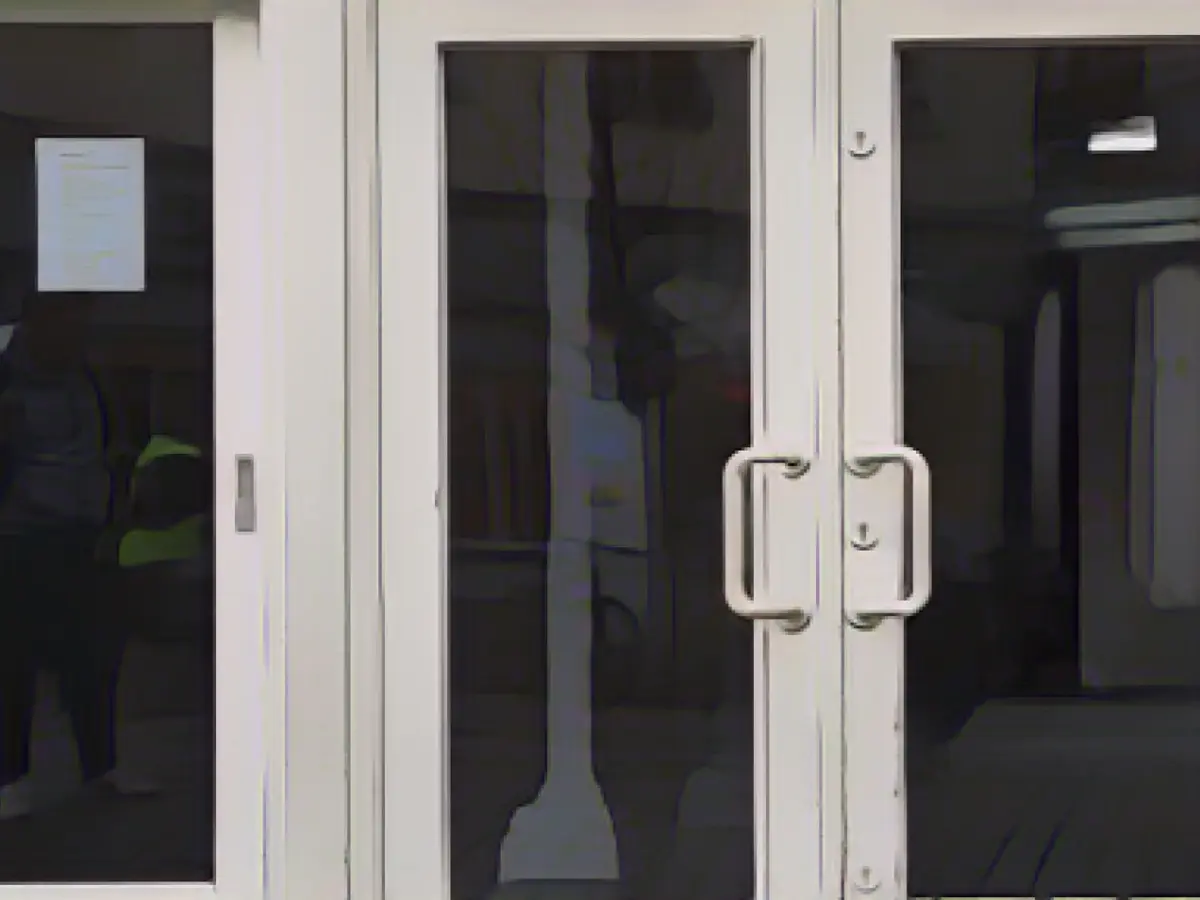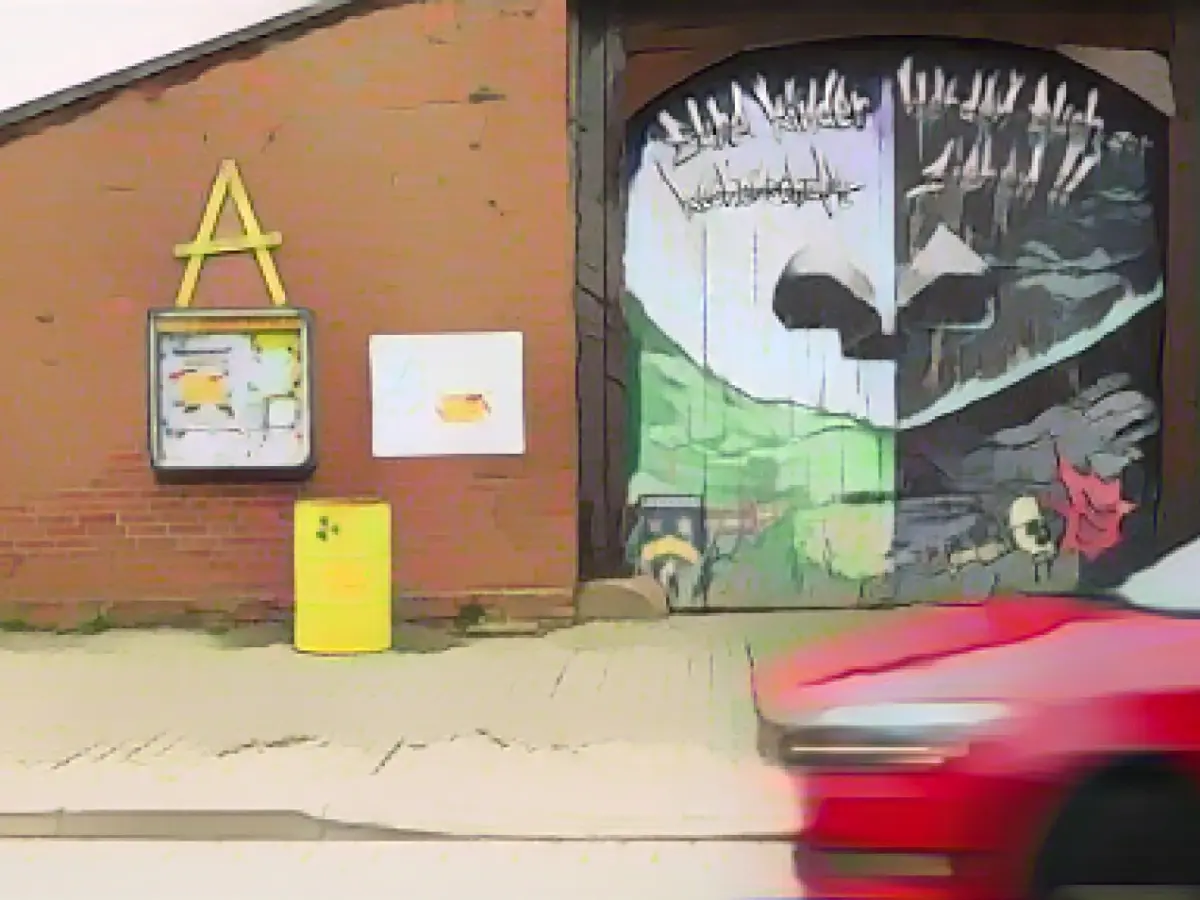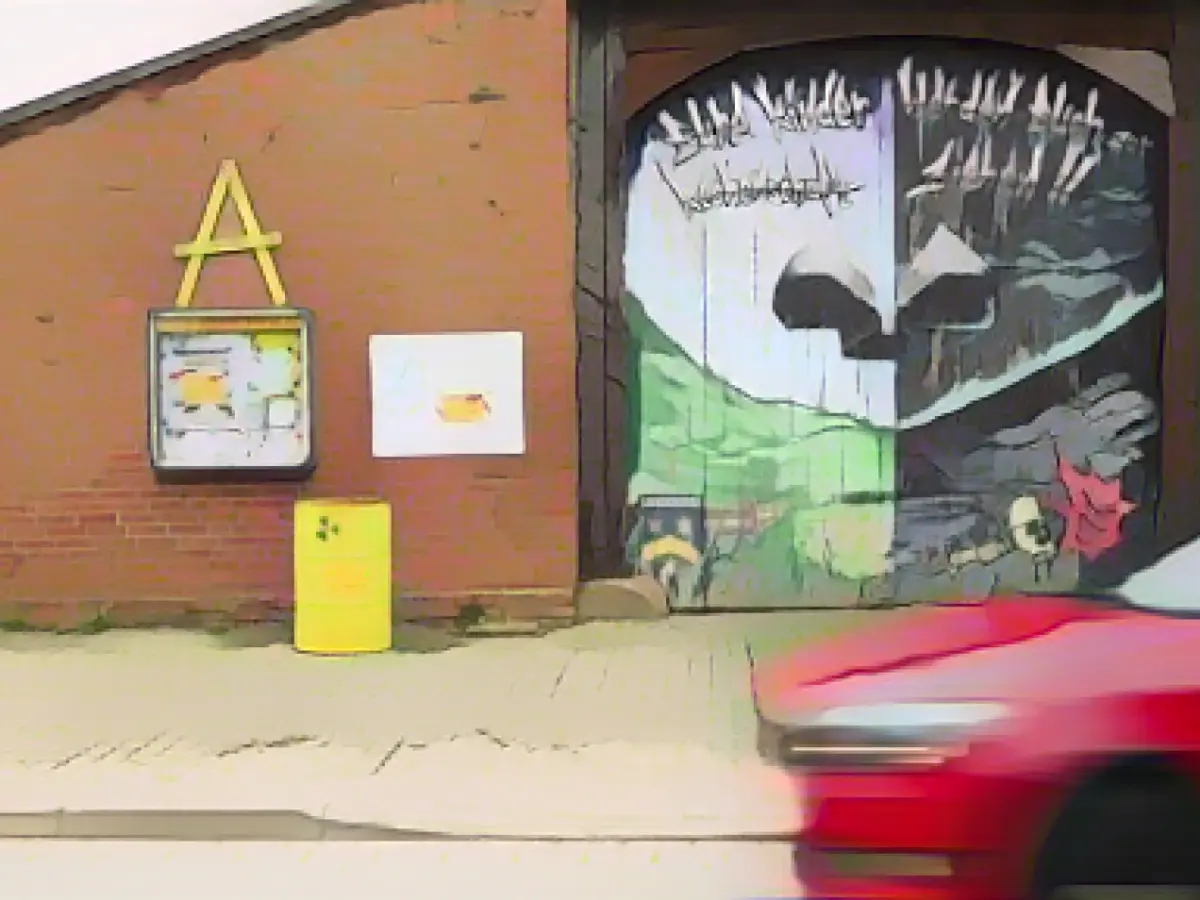Business Leaders Call for State Support Amidst Challenges
Rhineland-Palatinate businesses are voicing their concerns to the state government, calling for more support during the energy crisis and a reduction in bureaucratic hurdles, reported Arne Rössel, Managing Director of the Rhineland-Palatinate Chamber of Industry and Commerce working group, to the German Press Agency in Mainz. The "traffic light" government, they argue, has limited capacity to alleviate high energy prices, but there's room for improvements in cutting red tape.
"Digitalization could significantly ease the burden on businesses," Rössel emphasized, criticizing the current state of administrative processes. He advocated for faster digitalization to boost businesses' morale and create a more favorable business climate.
While the high cost of energy plagues companies, Rössel pointed to another challenge - the coalition's limitations. He expressed frustration that the State government of Minister President Malu Dreyer (SPD) has not acted more decisively during this time of crisis. The coalition parties, however, are maintaining their current course, leading to a sense of stalemate according to Rössel.
In regards to economic development, Rhineland-Palatinate businesses are seeking a more entrepreneurial approach. Rössel proposed introducing a rapid agreement on the state framework for new industrial, commercial, and raw material extraction sites. This, he believes, could help stimulate growth and bolster the state's commercial profile.
The debates surrounding the 2024 federal budget are another hot topic for companies. Rössel is concerned by the lack of contingency plans following the Karlsruhe ruling, which could have significant repercussions for businesses.
Uncertainty grips Rhineland-Palatinate companies as they struggle with the complexities of transformation and energy crisis, according to Günter Jertz, Managing Director of the Chamber of Industry and Commerce for Rheinhessen. The "Made in Rhineland-Palatinate" image is under threat as international competitors attract more skilled workers.
Despite the gloomy atmosphere, Rössel reassured that the commercial performance of companies in the state remains robust. Strong commercial earnings have helped many firms navigate the crisis, albeit at the cost of higher inflation.
Enriching Insights:
- The Rhineland-Palatinate state government can strengthen its support for businesses by investing in renewable energy infrastructure, encouraging energy efficiency, and providing financial incentives.
- Smart infrastructure, such as energy management systems and smart meters, can optimize energy use in real-time and help businesses save substantially on energy costs.
- Engaging employees in energy-efficient practices, performing energy audits, and negotiating better rates with energy suppliers can also contribute to efficient energy use in Rhineland-Palatinate businesses.
Non-Enrichment Content:
Recently, the IHK in Rhineland-Palatinate, led by Arne Rössel, has called on the state government to present a more business-friendly strategy to cope with high energy prices and red tape. Concerns about the economic climate, compounded by the state government's behavior during this crisis, have stirred up discontent among Rhineland-Palatinate companies. Despite the challenges, commercial earnings and resilient companies show that the economic situation in Rhineland-Palatinate is not entirely bleak.








